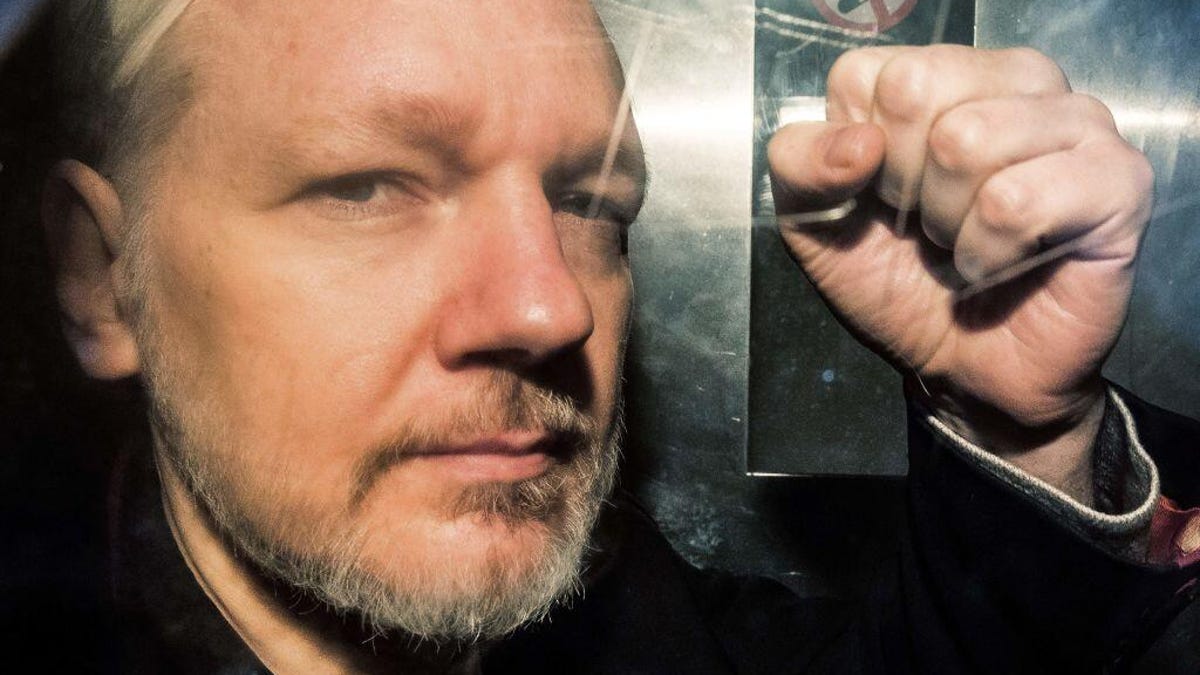Julian Assange: UK judge blocks US extradition order for WikiLeaks founder
Assange's mental health is too precarious for him to be exposed to the US prison system, a judge in the UK rules.

Julian Assange has won his battle to avoid extradition.
WikiLeaks founder Julian Assange will not be extradited to the US from the UK, a judge in London ruled Monday. District Judge Vanessa Baraitser blocked the extradition request on the basis of Assange's mental health.
Assange is wanted in the US on espionage charges and faces an 18-count indictment accusing him of conspiring to hack military databases to publish classified information about the wars in Iraq and Afghanistan. If convicted, Assange could be handed a 175-year jail sentence, although the US government has said he would likely face a sentence of between four and six years.
Assange believes the US extradition request was politically motivated. Meanwhile his lawyers, along with free speech and human rights advocates around the world, have condemned the order, saying Assange was acting as a journalist and he should therefore be protected by the First Amendment.
In her ruling on Monday, Baraitser said that based on evidence of self-harm and suicidal thoughts, Assange would be likely to try to kill himself if subjected to the US prison system. She was not satisfied that the procedures described by the US would prevent Assange from taking his own life. He would likely use his "intellect" and "determination" to circumvent any measures put in place, she added.
Several doctors who have assessed Assange were quoted in the ruling as saying that Assange's risk of suicide was high. "I am as confident as a psychiatrist ever can be that, if extradition to the United States were to become imminent, Mr Assange will find a way of suiciding," said Peter Kopelman, an emeritus professor of neuropsychiatry at Kings College London.
Authorities in the US intend to appeal the ruling.
"While we are extremely disappointed in the court's ultimate decision, we are gratified that the United States prevailed on every point of law raised," said Nicole Navas Oxman, a spokesperson for the US Department of Justice, in a statement. "In particular, the court rejected all of Mr Assange's arguments regarding political motivation, political offense, fair trial, and freedom of speech. We will continue to seek Mr Assange's extradition to the United States."
Lawyers for Assange didn't respond to a request for comment.
Assange's appeal against the extradition order took place at the end of last year, following his arrest in April 2019. He had been living in the Ecuadorian Embassy in London since 2012, where he'd been offered asylum after he breached bail. Since his arrest, Assange has been held in London's Belmarsh Prison, after he was sentenced to 50 weeks imprisonment for breaching his bail conditions. His lawyers are currently fighting to have him released.

